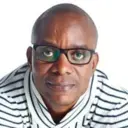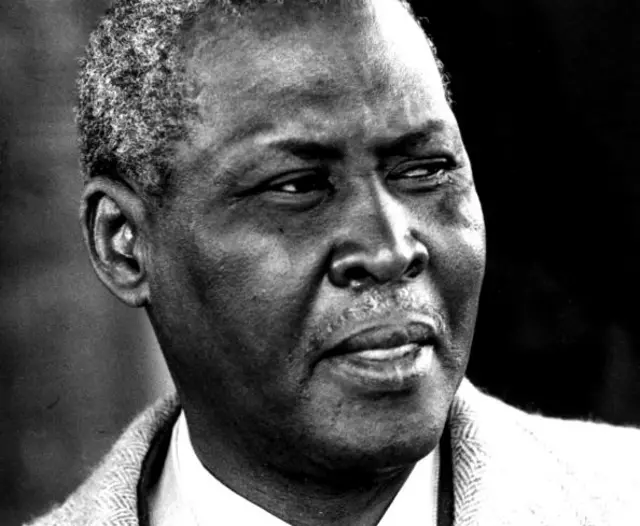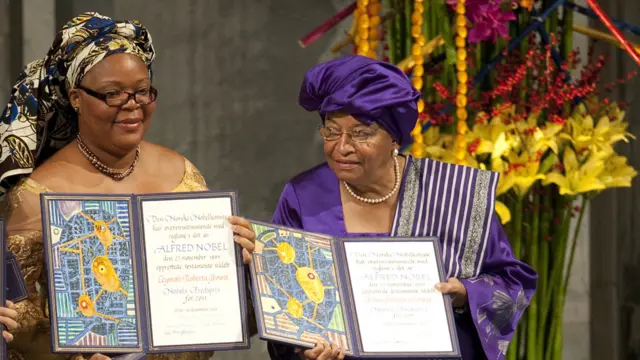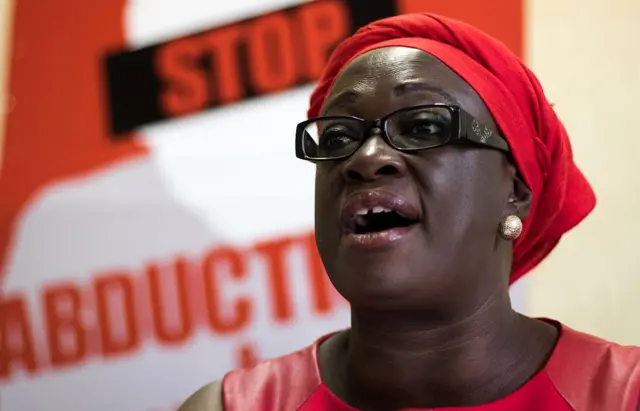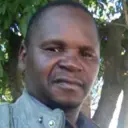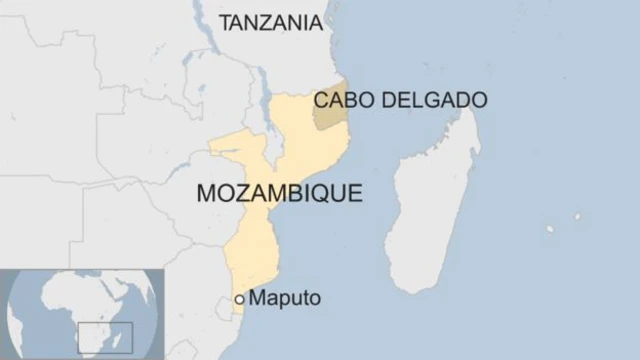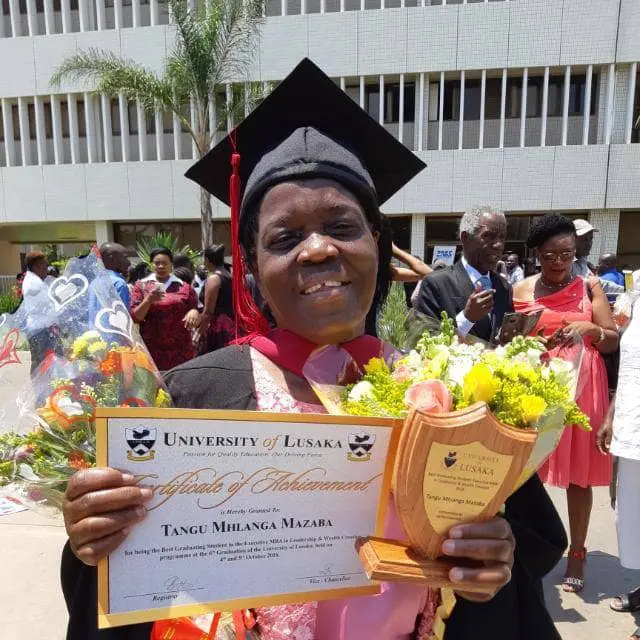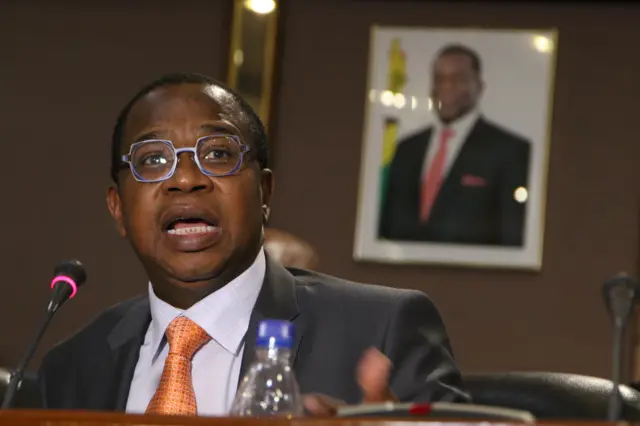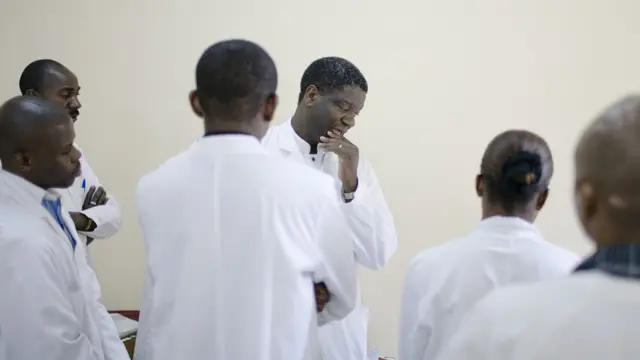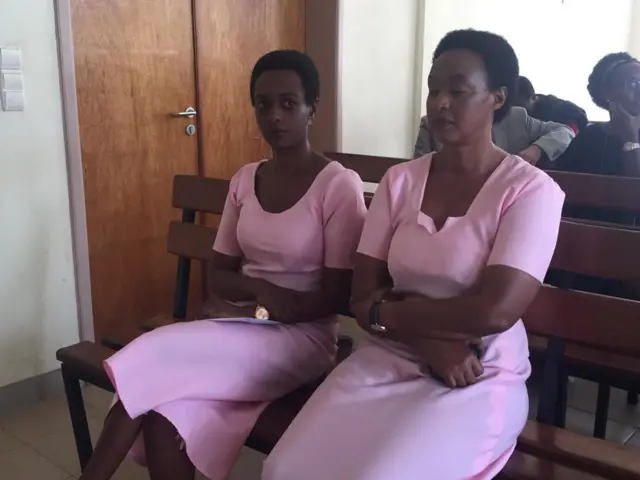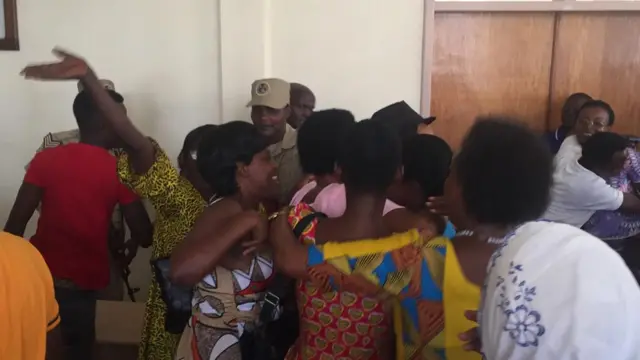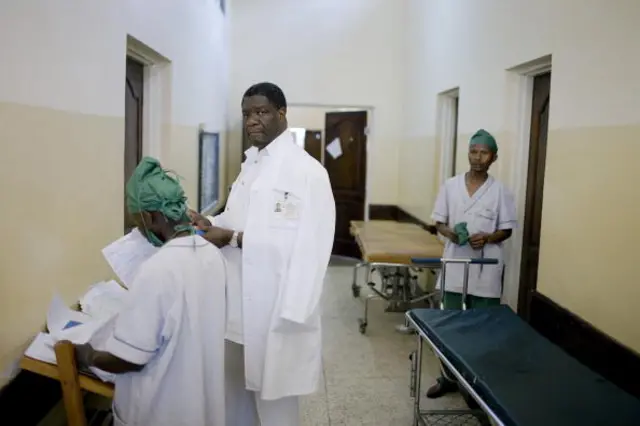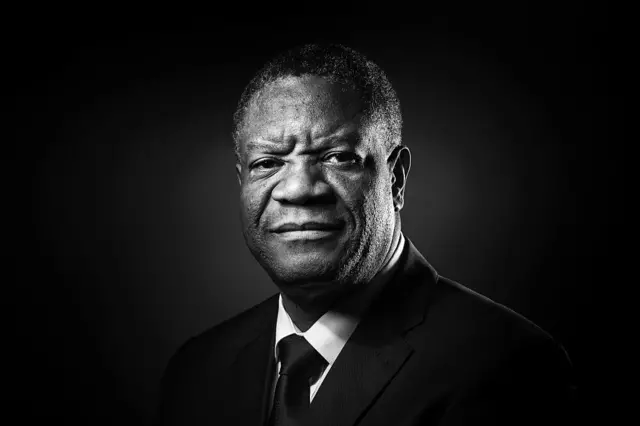Scroll down for this week's storiespublished at 17:48 BST 5 October 2018
We'll be back on Monday
BBC Africa Live
Damian Zane
That's all from BBC Africa Live for now. You can keep up-to-date with what's happening across the continent by listening to the Africa Today podcast or checking the BBC News website.
A reminder of Friday's proverb:
Quote MessageMaize yields more to a farmer with no teeth."
Sent by James Ukongo Abraham Ujwok in Lafon, South Sudan, and Adutia Henry in Arua, Uganda.
Click here to send us your African proverbs.
We leave you with this image from our selection of the best pictures of the week. It shows Ghanaian women in the capital, Accra, looking on as the motorcade for US First Lady Melania Trump goes by.
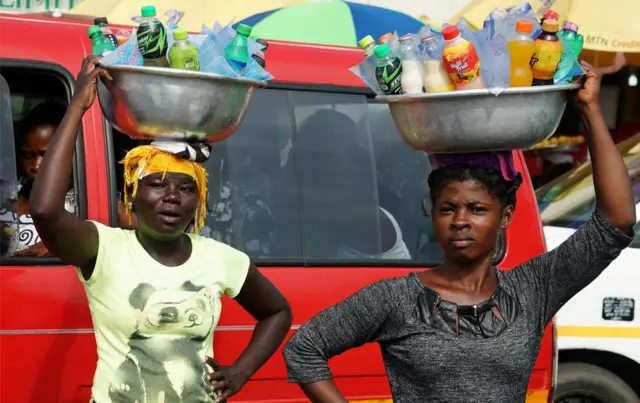 Image source, Reuters
Image source, Reuters